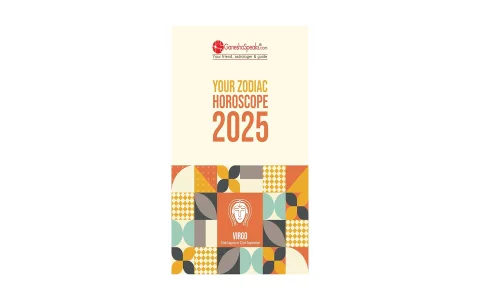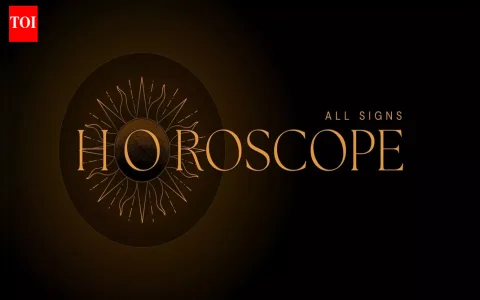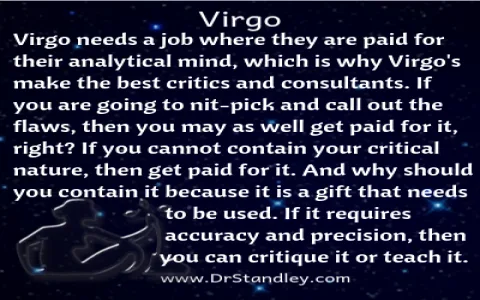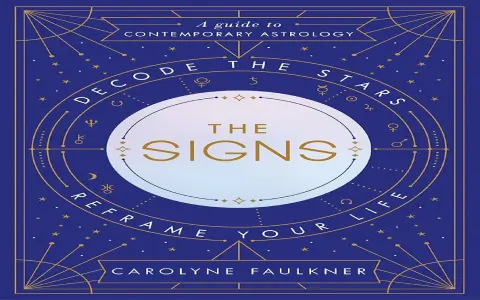The Habit I Picked Up: Why I Even Bother With Star Charts
Man, I gotta tell you something right off the bat: I am not some New Age guru running around smelling essential oils. I’m a practical guy. I like spreadsheets and deadlines. But life, especially the last couple of years, sheesh, it just kept throwing curveballs. I was feeling totally adrift, like my weekly goals were just darts thrown blindfolded at a wall. I needed an edge, some kind of framework, even if it was total BS. So I started looking.
I remembered seeing those ganeshspeaks readings pop up sometimes. I used to just scroll past that stuff, thinking it was for people who believe crystals cure bankruptcy. But one slow Tuesday, I was absolutely stuck on a project and thought, “What the hell? Let’s see what the universe thinks.” I opened up the site, navigated to the Virgo daily reading—yeah, I’m a Virgo, deal with it—and just read the damn thing.
The Ugly Truth About “Daily Insights”
The first few times I tried deciphering these readings, I wanted to quit. It’s 90% filler. It’s all “A pleasant surprise awaits you,” and “Be mindful of your relationships.” What the heck am I supposed to DO with that? Buy a lottery ticket? Call my third-grade teacher? It was useless unless I developed a system to translate the cosmic fluff into something I could actually put on my to-do list.
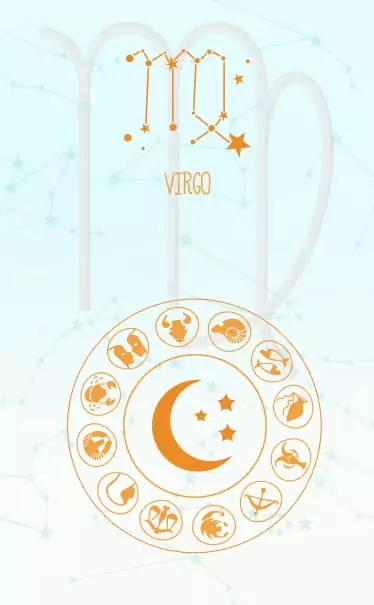
So, I developed this ridiculous protocol, and this is the core of the practice. I call it the “Anchor & Action Filter.”
I grabbed a cheap composition notebook—the kind you buy for fifty cents at the start of the school year—and busted out a pen. Every Monday morning, before I even checked email or drank my second cup of coffee, I went through the weekly forecast. I forced myself to find three concrete action items.
Here’s how I filtered the usual astrological babble this week:
- Reading Vague Input: “There may be tensions in your professional environment, requiring diplomatic effort.”
- My Translation (Anchor): Workplace conflict is likely.
- My Concrete Action: I scheduled all sensitive meetings for late afternoon (when I’m less grumpy), and I proofread every single email twice to ensure zero ambiguity.
- Reading Vague Input: “Financially, opportunities for growth exist, but careful evaluation is required before making commitments.”
- My Translation (Anchor): Look for money, but don’t spend any.
- My Concrete Action: I reviewed three lingering client invoices that were 60 days past due, and I refused to look at any new software subscription sales pitches. I made the money I already earned work harder.
- Reading Vague Input: “Listen to your body and prioritize rest; energy levels might dip mid-week.”
- My Translation (Anchor): I’m going to crash on Wednesday.
- My Concrete Action: I blocked out two hours on Wednesday afternoon for “deep work isolation” instead of meetings, and I went to bed an hour earlier on Tuesday night.
Implementing the Filtered Actions
See, I turned those abstract warnings into a forced plan. It wasn’t about the stars; it was about forcing preparation.
This week’s reading hammered the ‘past relationships and communication’ angle pretty hard. I usually ignore the ‘relationships’ bit because I’m busy, but the warning about miscommunication was too strong to pass up. I realized it wasn’t just about professional emails; it might be old contacts. So I dug out a list of three old colleagues I haven’t spoken to since before the pandemic—people I wanted to reconnect with but just hadn’t gotten around to.
I took an hour on Tuesday and started dialing. I phoned the first guy. He didn’t pick up. I left a message. I phoned the second guy, and we had a great 15-minute chat, totally casual. But the third call? That one was the kicker.
This former client I called had just started a massive new venture and was scrambling to find someone to handle a specific kind of backend integration. Guess what? That’s exactly what I do. If I hadn’t made that random call, forced by that vague star chart advice, I never would have known about this. We set up a meeting for next week immediately. I locked in a serious new potential project just because the chart said “check your communication channels.”
What I Learned After Cranking Through This Week
I ran through the whole week feeling like I was cheating, honestly. Everything felt smoother. Was the Virgo prediction 100% accurate? Who cares? The value wasn’t in predicting the future; it was in the proactive behavior it demanded from me.
I stopped waiting for things to happen and started preemptively dealing with potential problems before they even showed up. If the chart says “Watch out for friction,” I don’t freak out; I set up buffers. If it says “Money flows,” I don’t buy Powerball tickets; I chase the money that’s already owed to me.
I dumped the fluffy language, kept the core warning or promise, and converted it into three non-negotiable actions for the week. It’s the ultimate checklist, masked as mystical guidance. And honestly, it works. It forced me into that call that just netted me a huge potential lead. That’s why I keep checking the ganeshspeaks Virgo reading. It’s not astrology; it’s a personalized, slightly weird accountability partner that I pay nothing for. You should try filtering your own weekly reading the same way. You might be surprised what you find when you stop reading the filler and start acting on the translation.

